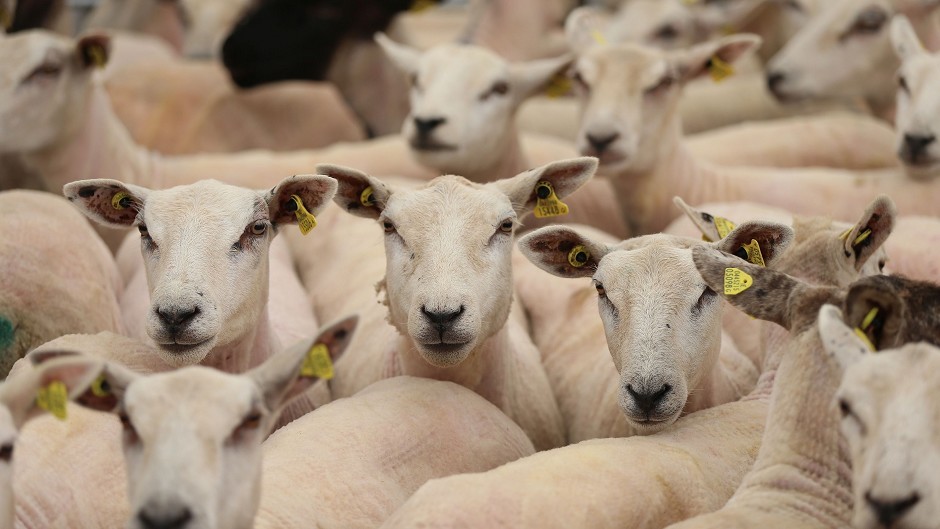Farm minister Richard Lochhead has pledged to do all he can to get farmers a fair margin from the supply chain after figures revealed farm incomes have halved in the four years to 2014.
Estimates from the government’s annual farm accounts survey paint a bleak picture with average farm business income (FBI) down by £8,000, or 25%, between 2013 and 2014 to £23,000.
This is the lowest level of FBI since the measure was introduced and 55% down from a peak in 2010 when the figure stood at £51,000.
The figures also reveal that 47% of farm businesses wouldn’t have generated enough income to meet the legal minimum agricultural wage for paid workers.
Mr Lochhead has called on the European Commission to do more to address dysfunctional supply chains and markets, and said £2billion in agricultural subsidy support over the four-year period had done little to halt the decline in farm incomes.
“Our hard working farmers are not getting a fair share for all the work they’re putting in, which is sadly reflected in these figures,” said Mr Lochhead.
“While the food and drink industry is booming, farmers are struggling. Low farmgate prices mean times are hard and that’s not right. Farmers should be getting a good price that reflects the quality of their produce. After all, the success of Scotland’s food and drink industry starts on our farms, where the raw ingredients are grown.”
He said government was committed to working with industry to improve profitability.
Figures from the survey, which is based on annual audits of 500 commercial farms across Scotland, cite a reduction in the value of crops, which fell by £18,000 on average, and a £7,000 reduction in average subsidy payments as major factors behind the drop in incomes.
Scotland’s chief statistician said farm incomes often showed large fluctuations from year to year, but the decline over the last four years was the most severe decrease in income since the BSE outbreaks in the mid 1990s.
A government statistical release said not all agricultural sectors experienced a drop in incomes in 2014, with cattle and cattle and sheep farms reporting a small increase in income as a result of lower input costs.
Dairy farm incomes in 2014 were down 14%, while general cropping and cereal farm incomes fell by 25% and 38% respectively.
The largest drop in average income was seen in mixed farming enterprises where incomes were nearly two thirds less than the year before, while sheep farms in less favoured areas reported a 50% drop in incomes.
The statistical notice added that farm incomes were likely to have worsened since 2014 – provisional national level income estimates released in January showed a £60million decrease in income from the farming industry in 2014, followed by an estimated £110million decline in 2015, including a £40million reduction in subsidy levels.
